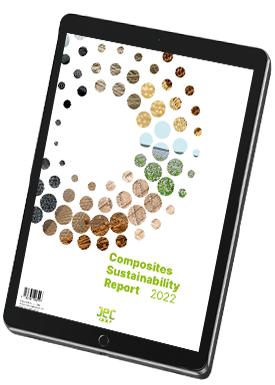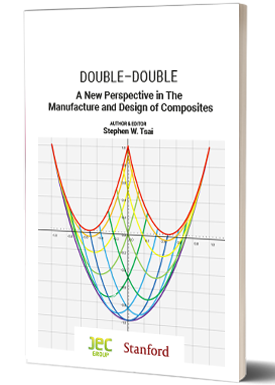Enve Composites and Classified Cycling have officially become partners
Read throughHyundai and Toray sign a strategic partnership on advanced materials
Read throughST Engineering and Bureau Veritas Sign Cooperation Agreement to Advance Wing-in-Ground Technology
Read through
Applications
Process & Manufacturing
UMaine researchers aim to recycle wind turbine blades as 3D printing material
Read throughFiber Dynamics invests in GX 1100 DCIM from KraussMaffei
Read through
Product & Technology




















